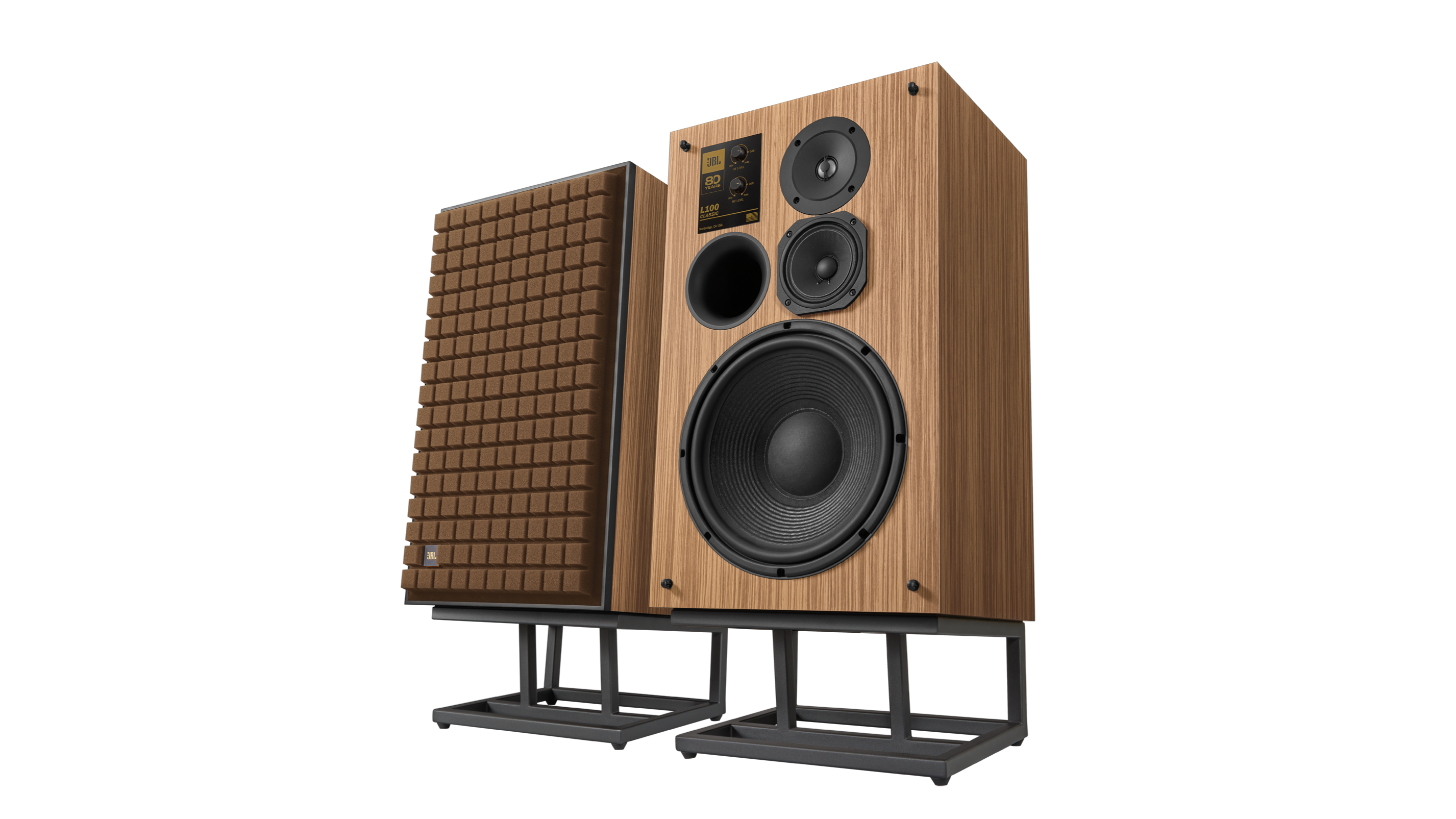What is British sound? We asked five big names in hi-fi
Does the concept of British sound even exist today?
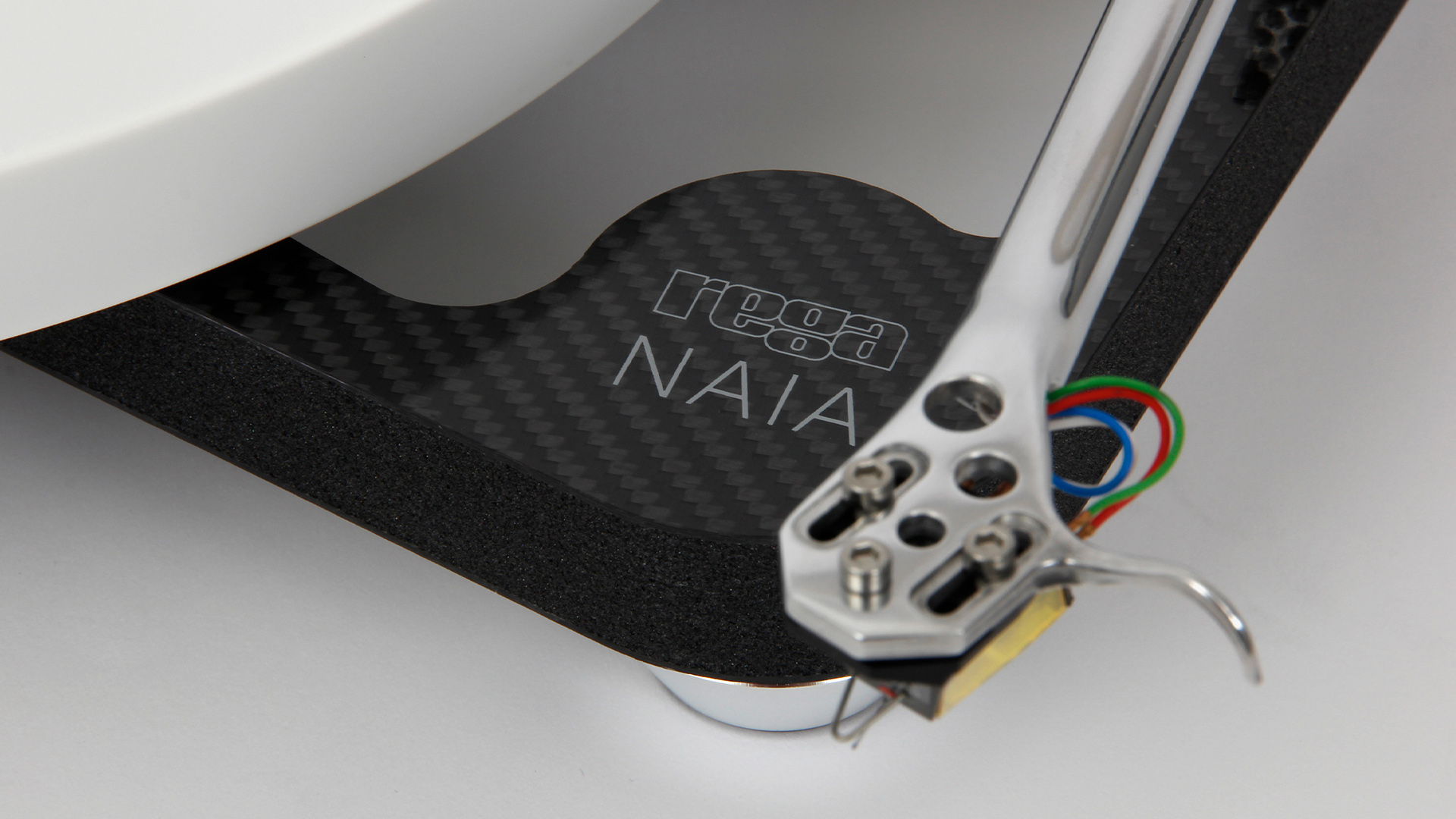
British brands have a long history of creating top of the range hi-fi equipment, including amplifiers, speakers, record players, and everything in between.
Many involved in the world of audio cite a unifying ‘British sound’ – an all-encompassing sonic quality that applies to the hi-fi products made by British companies. It’s a topic we have explored in the past, and the descriptions we heard were often along the lines of “accurate", "faithful" and "true”.
Others pointed to changes in pop-music production in the 70s and 80s having shaped a certain British sound; but what do people think today? What is the British sound, and does it even exist?
“We have been asked this question before, and we don’t believe there is one,” says Simon Webster, sales & marketing coordinator at Rega. The Southend-on-Sea-based company has been building excellent hi-fi equipment for more than 50 years.
“We work with multiple suppliers and design thousands of unique component parts,” Webster adds. “Our design signature has always been neutral and we do everything we can to design products and circuits that do not colour or distort the music. We aim to deliver the original recording as faithfully and accurately as possible.”
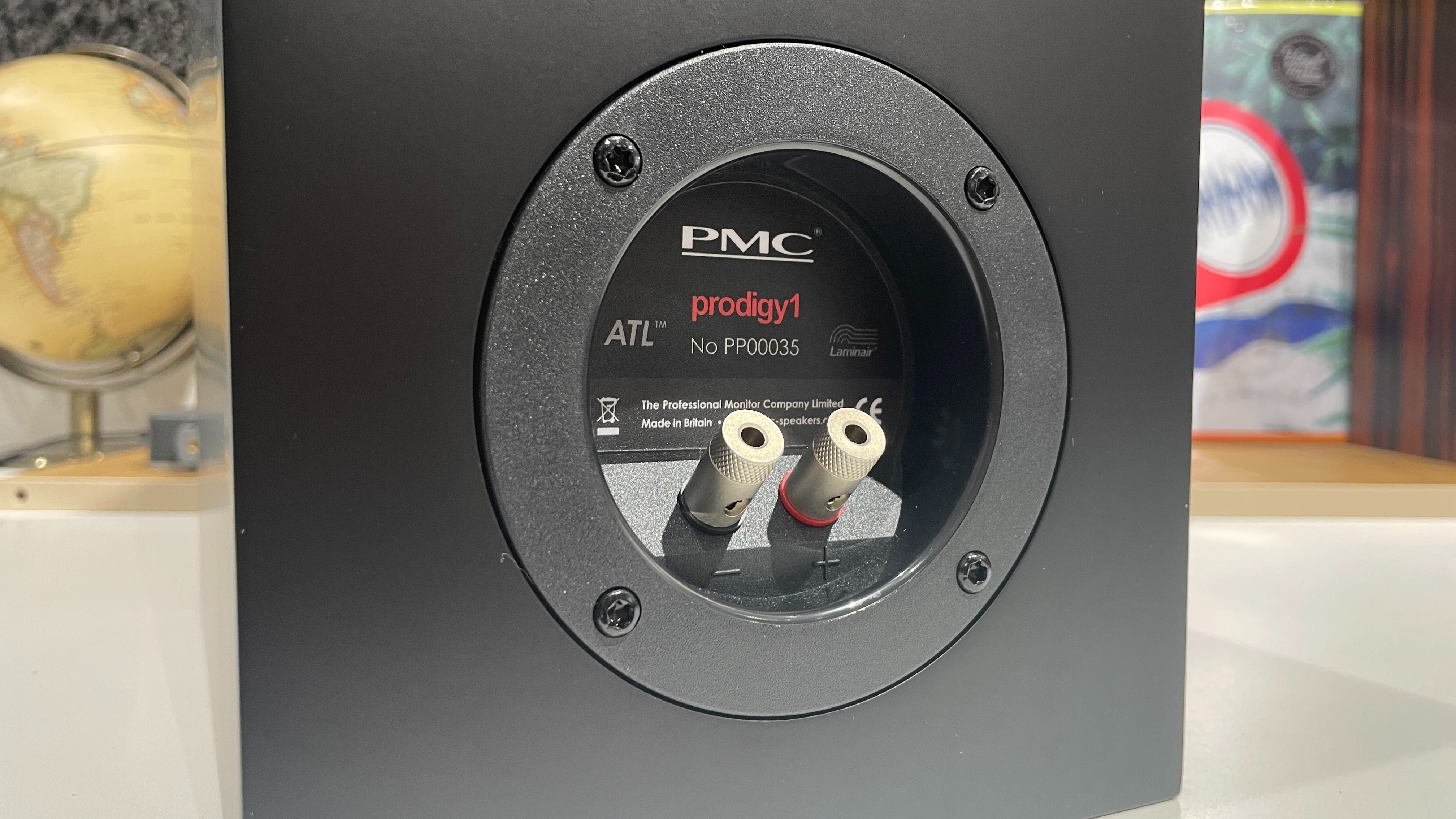
Peter Thomas, founder and owner of PMC speakers has similar thoughts. “I'm not convinced there is a British sound these days,” he says. PMC was founded in 1991 by Thomas after his time spent at the BBC, meaning he brought an incredible wealth of knowledge from a company that pioneered the loudspeaker industry.
I'm not convinced there is a British sound these days
Peter Thomas, PMC Speakers
“PMC has always made accuracy one of its main goals, which works for any country with any style of music.” He continues. “In the past, the compromises designers had to make were often geared to certain types of music and room designs. This often led to countries being associated with a particular sound.”
The latest hi-fi, home cinema and tech news, reviews, buying advice and deals, direct to your inbox.
Cambridge Audio, which was formed in the late 1960s, often states its opinion on the matter of British sound. On its website, the brand proclaims: “For us, ‘British Sound’ represents audio in its purest form. An unadulterated and true representation of what the artists intended when they first plugged in their gear at the recording studio.
“The Americans loved adding big, chunky bass to their recordings and the lovely folk in the far-east liked to boost their midrange to enhance vocal tracks” it goes on to say. “We Brits just wanted something honest and pure.”
The breadth of companies we have creating equipment in the United Kingdom means that we have quite a variety of sounds, a point that Stephen Oakes, the sales manager at Neat Acoustics touches on. Neat was formed in 1989 in the north of England and today produces several excellent speaker designs.
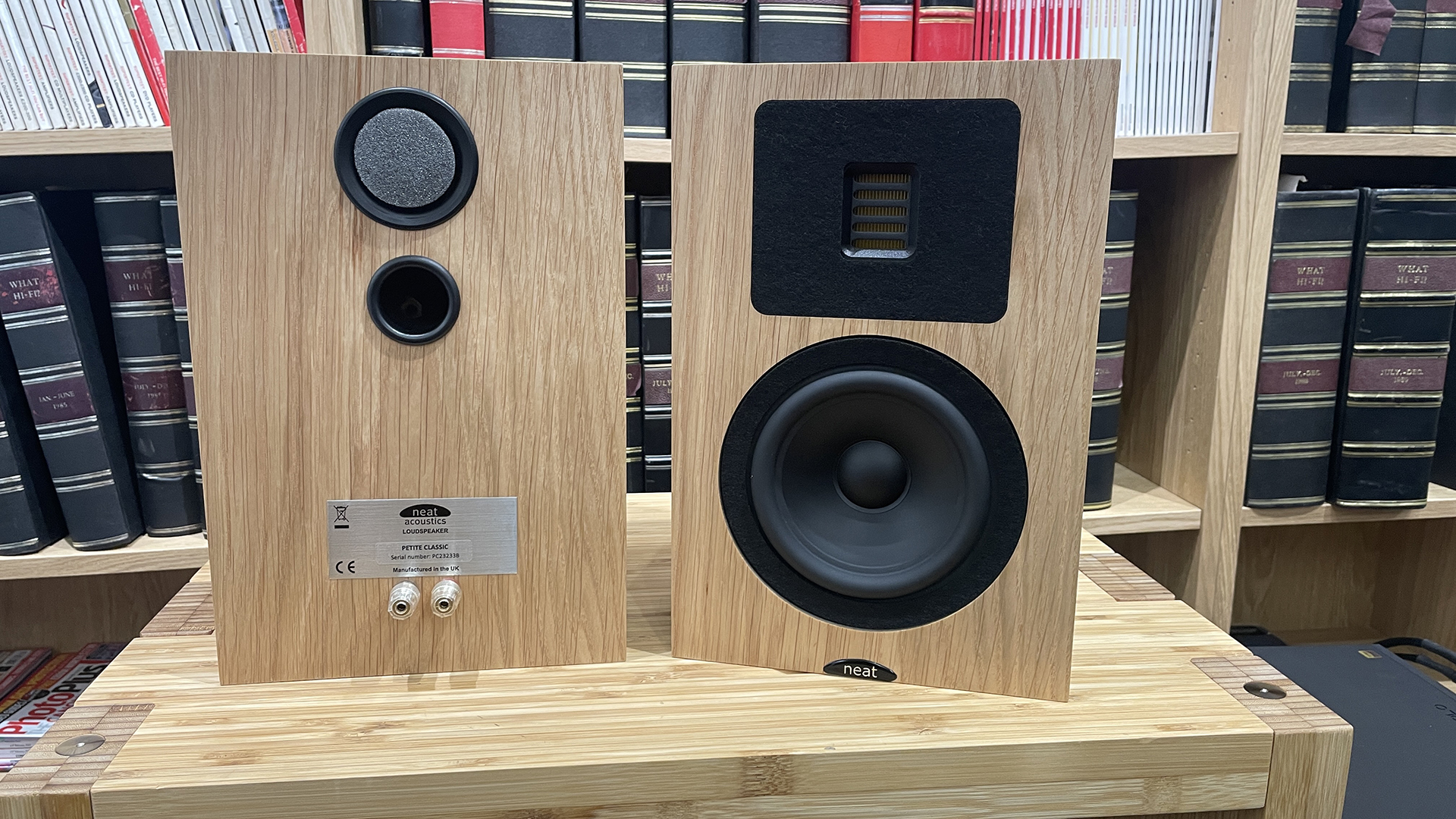
“I don't think there is a British sound!” Oakes says. “Some people associate the British sound with the BBC-style speakers from Rogers and Harbeth, but those designs have little in common with, for example, a Bowers and Wilkins product or Neat speakers. A Quad amplifier doesn't sound like a Naim, and a Rega turntable doesn't sound like a Vertere. There are lots of different ‘British Sounds’!”
This makes sense; with so many excellent brands vying for attention across the same categories, each company must display a level of variety, innovation, and differentiation to stand out from the crowd and capture an audience of its own.
Like Neat, Wilson Benesch was also formed in northern England in 1989. The brand is now known for making exceptional high-end audio equipment. “A Wilson Benesch loudspeaker sounds like no other,” says Luke Milnes, sales and marketing director for the company, echoing the same sentiment as Oakes.
“The Wilson Benesch sound is characterised by its neutrality, speed, dynamics and its ability to faithfully communicate a recorded piece, be it a full orchestra or a solo vocalist," he adds. "Every loudspeaker we make is hand built and fitted with our drive units and tweeters which are also built in-house from our designs.”
There are lots of different ‘British Sounds’!
Stephen Oakes, Neat Acoustics
James Luce, the creative director at Acoustic Energy comments, “Every product and manufacturer will have its flavours in the recipe, but the emphasis should always be on reproducing the recording as faithfully as possible.” He goes on, “I'd say the British Sound would be rooted in accuracy and an even-handed balance of the full musical range.” The company was founded in 1987 and has been based in the Cotswolds since the mid-90s; it acknowledges its links to the area by naming its most recent speaker Corinium, the Romans' name for Cirencester.
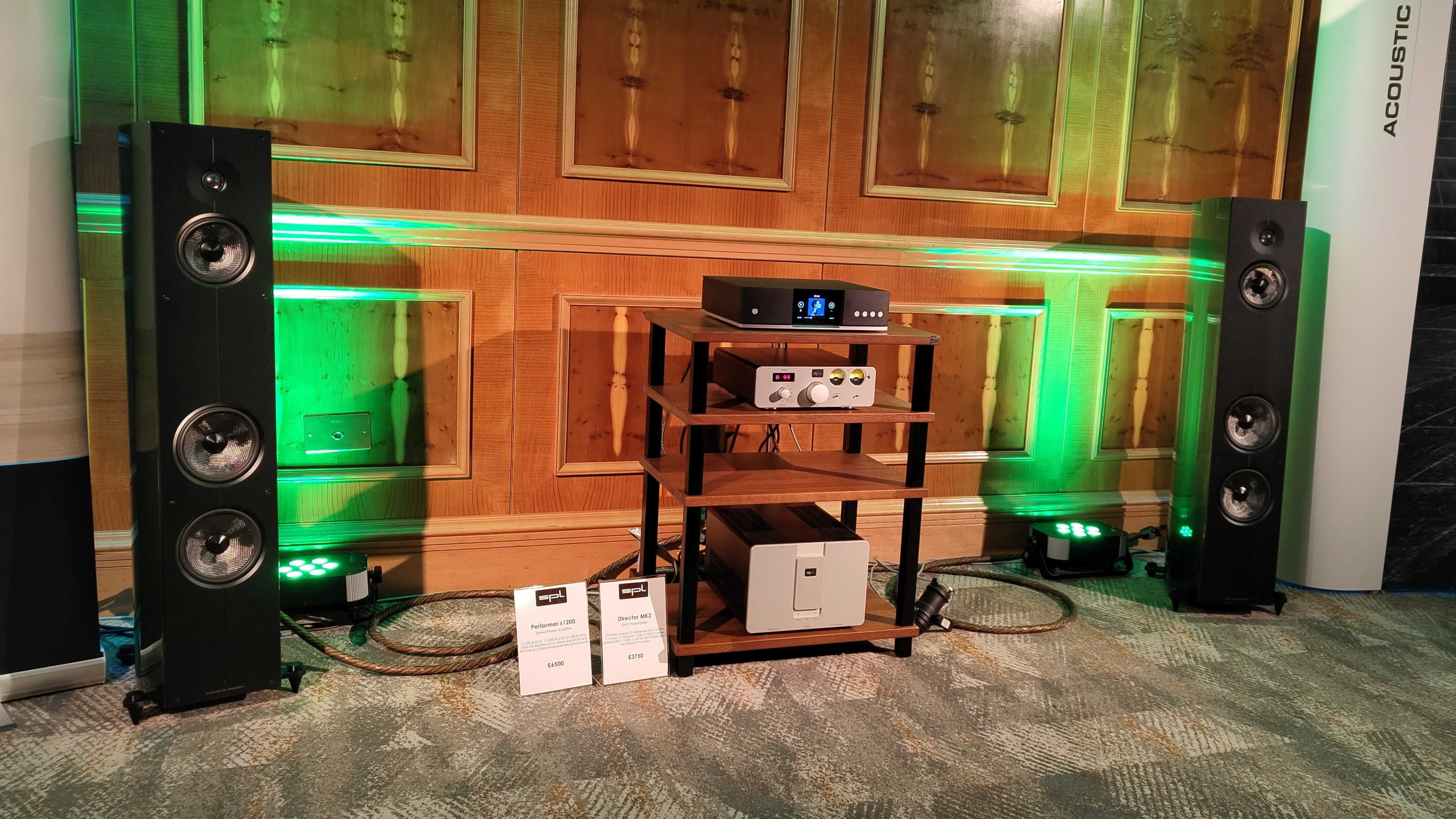
So, the experts have spoken. Rather than an overarching sound that applies to all the great British brands, we instead see more of a focus on faithfulness and accuracy. As a result, companies end up with a unique sound that distinguishes them from the rest of the crowd.
Perhaps in the past, the UK had a more unifying sound due to the production limitations of the time. However, as processes change and companies set their course, we the listeners reap the rewards from a variety of exciting products that, in the end, each offer something different to suit different needs and tastes.
MORE:
Read all of our British Hi-Fi Week 2024 reviews, retrospectives, features and more
We asked top British hi-fi engineers for their favourite test tracks – this is what they said
9 of the most underrated British hi-fi products we have ever tested
Ainsley Walker is a staff writer at What Hi-Fi?. He studied music journalism at university before working in a variety of roles including as a freelance journalist and teacher. Growing up in a family of hi-fi enthusiasts naturally influenced his interest in the topic. Outside of work, Ainsley can be found producing music, tinkering with retro tech, or cheering on Luton Town.
